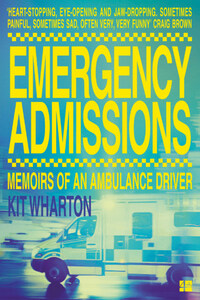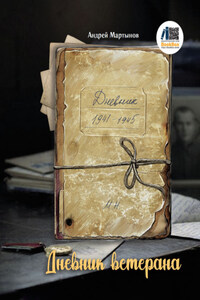All human life is here, as the News of the World used to say. On this shift, even more than usual.
Robert, Edward and Davina
It’s the sunny evening of a bright spring day, but not in the mind of the next patient. We get a 999 call to Robert, in his fifties, with a long history of mental illness.
Robert is a tall thin man, with sunken eyes. He’s hearing voices in his head, telling him to hurt himself, or someone else. He’s tried to hurt himself in the past – and succeeded. You can see the scars all over his body.
Because of the nature of the job, the police come along and we meet them at the address. It’s a pretty cottage, isolated down a track, with a lovely view over fields of corn and only the hum of the motorway to spoil things. But the garden tells you things are not right. There’s an old sleeping bag in the middle of the grass, lots of other rubbish, and empty bottles and cans everywhere. No one’s exactly been pruning the roses. Pity. Wouldn’t mind living here myself.
But I wouldn’t want what’s going with it today.
We go in with the police to find a male lying in bed, bottles all over the floor and the room filthy. Dirty clothes and faeces everywhere. The patient’s eyes stare into another world where you wouldn’t want to go. There’s an empty litre of off-brand gin by the bed – he’s drunk it this morning – and a large kitchen knife. The WPC steps forward and removes it.
—We won’t be needing that, will we?
She leaves us. I’m ‘attending’ this job, which means I deal with the patient. My crewmate stays outside with the police. I talk to him gently for a bit just so he can get used to me and not feel threatened.
I ask whether he’s happy to go to hospital.
—Yes.
—Super. Well let’s get some trousers on, shall we?








